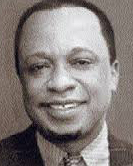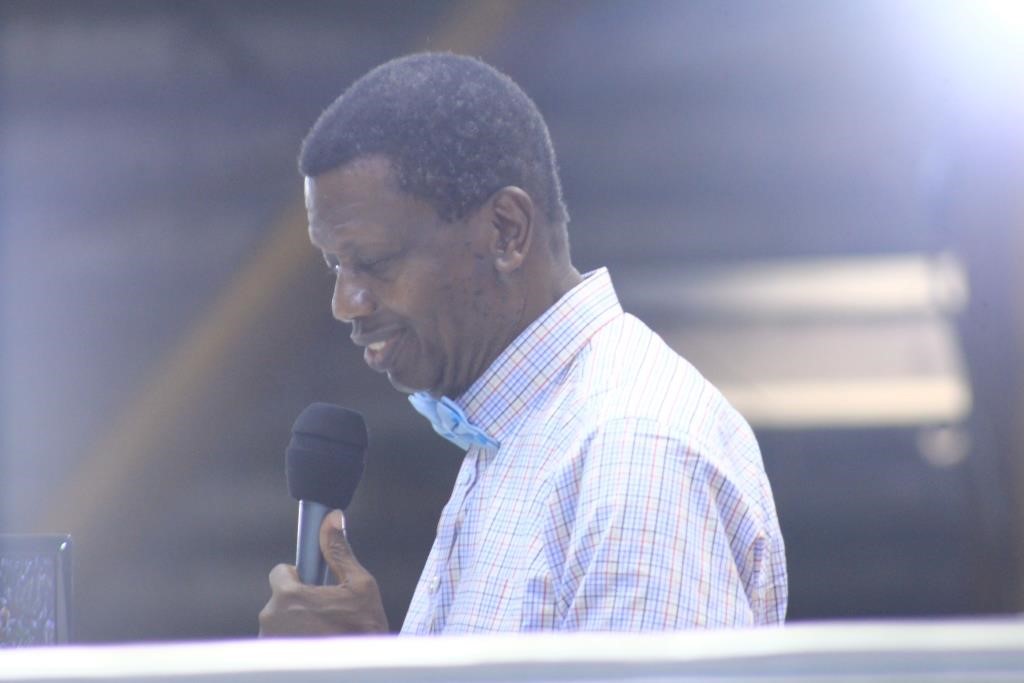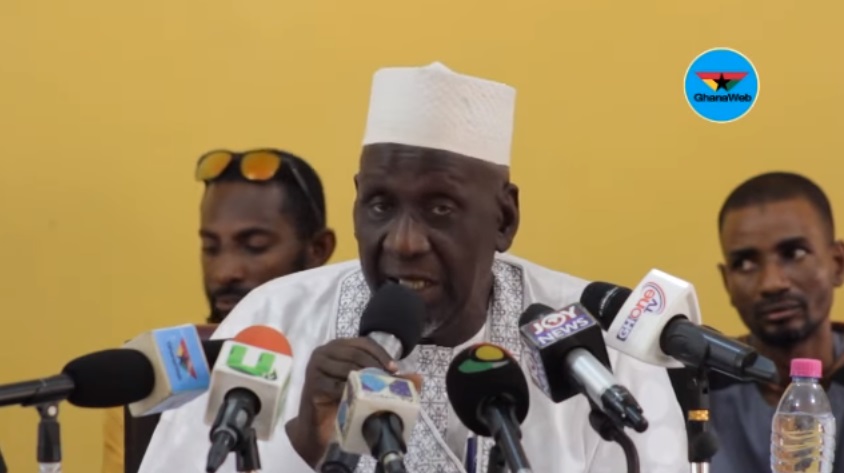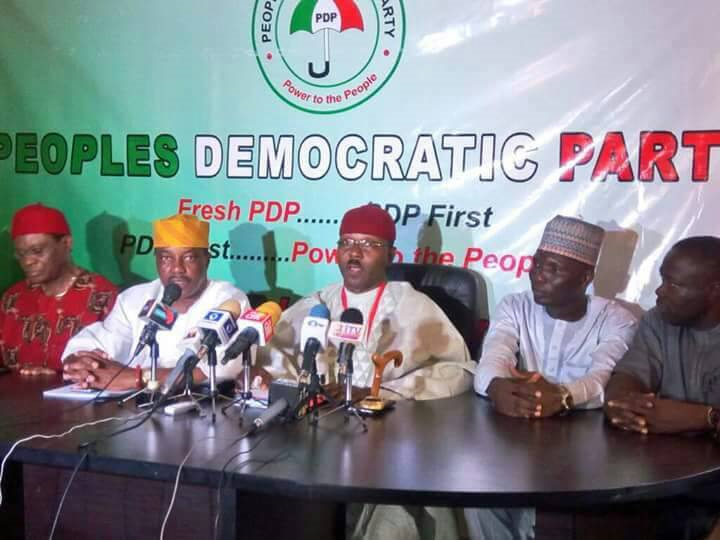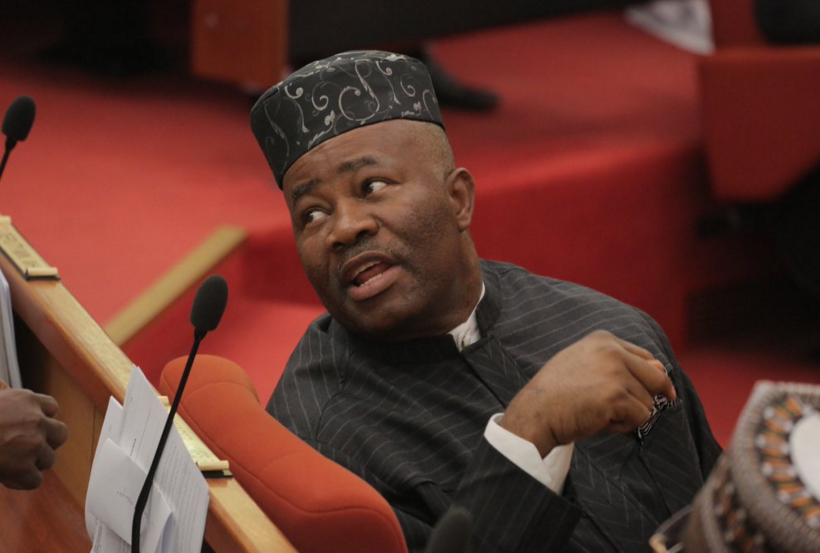Fasting in the Redeemed Christian Church of God is a serious exercise which lasts many days. Usually, the congregation expects Pastor Enoch Adeboye, leader of the Church, to announce the schedule for the annual fasting session after reading out his prophecies at the cross-over service.
“Some of you may be wondering if there will be fasting this year,” he said early on January 1, 2017. “Well, we are going to fast!” He stressed. The schedule was announced later by the various parishes of the church.
Pastor Adeboye, who declared that fasting is part and parcel of his life is noted for it. He gave an instance when one of his spiritual sons once asked him when he would stop fasting because of his age. He had laughed and replied, “The moment I quit fasting, you can begin to expect my departure because I have resolved never to relax. As far as I am concerned, the day I cease to be relevant, I go.’’
This year, as some people got ready to write down the fasting schedule after the prophecies, he gave some reasons why the church is keen on fasting, and among them is the fact that it makes the church and its members strong. He revealed that some highly-placed people had cited fasting as the reason they fear the church.
Advertisement
The following day at the Ministers Annual Thanksgiving of the church, he declared an 80-day fasting and prayer which is to be run in two phases: January 11 to March 1; and July 1 to July 30.
Pastor Adeboye noted that although the church always embarked on 40 days of fasting and prayer annually, with the new introduction of 80 days, it would be double blessings for every member that obeys.
Those who want to fast continuously without breaking are to fast for 21 days during the first phase and for 12 days during the second phase. Called marathon fasting or multiday fasting, its shorter duration is an indication of how difficult it is. But this type of fasting which many clerics embark on before major assignments like crusades is said to enhance closeness with God for revelations and spiritual empowerment.
Advertisement
They list the benefits as including: encountering the Spirit of God in a greater manner than before; empowering spiritual senses; activating the gifts of the spirit; and hearing clearly from God as in this example shared by Pastor Adeboye: “We used to hold our Convention in a small building, and when it was full we were contented about the attendance. Later, we had to enlarge the place but by 1982 it was so full some people had to go home because there was nowhere for them to stay.
“Attendance then was something in the neighbourhood of about 3000 people, and that was full. We needed a place, so we looked around the whole of Lagos, but didn’t find a suitable location. Then I called the group of pastors together; we sat down together, and prayed for 7 days with fasting, drinking only water in the evenings. During one of the sessions, God spoke and said, ‘I have prepared a camp ground for you and now that you have asked for it I will show you where it is.’
“When the Almighty God said to me that the current location of the Redemption Camp, it was a jungle and headquarters of highway robbers, who were tormenting people on the expressway. We were offered four and a half acres of land in this jungle filled with snakes of different species, but God insisted on the site.
“People said to me then that we were crazy because it was far from Lagos; it was in the midst of a God-forsaken jungle, and there was no electricity or water supply anywhere near. But I allowed the one who knows tomorrow to order my steps.”
Advertisement
Health benefits
In recent years, an increasing number of researchers have intensified work on finding the health benefits of marathon fasting. Dr Joseph Mercola notes that longer fasts provide “metabolic magic” that cannot occur with other types of fasting. He explains that marathon fasting is akin to “taking the thrash out,” a great way to significantly reduce the risk of cancer, and an effective way to shed excess weight and extend lifespan.
Other benefits of marathon fasting are highlighted by Silicon Valley executives who have embraced it, according to The Guardian. They recognise it as biohacking and not mere dieting.
Silicon Valley executives
Advertisement
The paper reports: “Over the last eight months [Phil Libin] the former CEO of Evernote and current CEO of AI Studio All Turtles has shunned food for stretches of between two and eight days, interspersed with similar periods of eating. He’s lost almost 90 lbs and describes getting into fasting as ‘transformative.’
‘There’s a mild euphoria. I’m in a much better mood, my focus is better, and there’s a constant supply of energy. I just feel a lot healthier. It’s helping me be a better CEO,’ he said … ‘Getting into fasting is definitely one of the top two or three most important things I’ve done in my life.’ Libin is one of a growing number of Silicon Valley types experimenting with extended periods of fasting, claiming benefits including weight loss, fewer mood swings and improved productivity.”
Advertisement
Another staunch advocate of multiday water fast is Geoffrey Woo, CEO of the biohacking company HVMN (pronounced “human”). He told The Guardian: “Ketones are a super-fuel for the brain. So a lot of the subjective benefits to fasting, including mental clarity, are down to the rise in ketones in the system.” Ketone bodies are three water-soluble molecules that are produced by the liver from fatty acids during periods of low food intake (fasting), carbohydrate restrictive diets, starvation, or prolonged intense exercise.
It has also been discovered that contrary to popular belief, going without food for several days does not progressively deteriorate mental and physical functioning. As noted by Woo, right around the three-day mark, your hunger significantly decreases and mental clarity increases, thanks to rising ketone levels.
Advertisement
The man who fasted for 382 days
“The Complete Guide to Fasting,” a book by Dr Jason Fung, is often cited by writers of marathon fasting. Fung used a 1965 medical case of a 27-year-old man who fasted for 382 days to show that an obese individual could theoretically go without food for months without starving to death. When he started, he weighed 456 pounds. At the end, he lost over 275 pounds, and five years after breaking his fast, he’d gained back a mere 11 pounds. It should be noted that the man was under strict medical surveillance. Experts say provided you’re not anorexic, old and frail, pregnant or have some other serious health issue, fasting for some days is not going to kill you.
Fasting and muscle loss
Fung also dismissed some myths in his book. One common myth is that multiday fasting will lead to muscle loss. But Fung noted:“If you follow biochemistry, your body stores energy as glycogen in the liver, which is linked to chains of sugar, and then it stores [it as] body fat. During fasting, you start by burning off all the glycogen in the liver, which is all the sugar. There’s a point there where some of the excess amino acids in your body need to get burnt as well.
Advertisement
“That’s where the myth ‘you’re burning muscle, comes in.’ That’s not actually what happens. The body never upregulates its protein catabolism! Never is it burning muscle; there’s a normal turnover that goes on. There is a certain amount of protein that you need for a regular turnover. When you start fasting, that starts to go down and then fat oxidation goes way up. In essence, what you’ve done is you switched over from burning sugar to burning fat.
“Once you start burning fat, there’s almost an unlimited amount of calories there. You could go for days and days. What’s interesting is that if you take a pound of fat, that’s roughly 3,500 calories, and if you eat somewhere around 1,800 to 2,000 calories a day, it takes two full days of fasting to burn a single pound of fat, which is very surprising to people.
“If you’re trying to lose 100 pounds, you could theoretically go 200 days of fasting just to burn all that fat … ‘”
Fasting improves rather than depletes energy
Another major concern is that fasting will leave you physically drained and lethargic. While you may certainly feel less than optimal during the first few days the first time you do it, fasting actually tends to have the complete converse effect on energy levels.
Fung explains that: “After four days of fasting, the basal metabolic rate is actually 10 percent higher than when you started. The body has not shut down at all. In fact, what it does is it switches fuel sources. It switches from burning food to burning [body] fat. Once it’s burning [body] fat, it’s like, ‘Hey, there’s plenty of this stuff.’”
